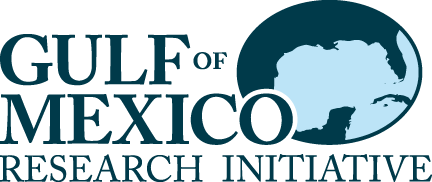Summary:
Marine sponges are known to filter large quantities of seawater (on the order of 100's to 1000's of liters per day). As sessile organisms, they are likely to demonstrate bioaccumulation of oil and/or dispersant more rapidly than vagile, non-filter-feeding organisms. Additionally, sponges serve as a host for a wide variety of both prokaryotic and eukaryotic organisms. In some sponges, up to 40% of the biomass is microbial rather than sponge and they provide habitat to a diverse array of endofaunal associates.
Thus, changes in community composition and gene expression of these 'sentinel' organisms may provide a model system for assessing the impact of oil/dispersants on the ecosystem. To examine the impact of the oil and/or dispersant on sponges, both field-based studies and laboratory manipulations will be utilized. Two species of sponges commonly found on drilling platforms will be collected and used to study the resident associated communities (bacterial and eukaryotic endofaunal).
